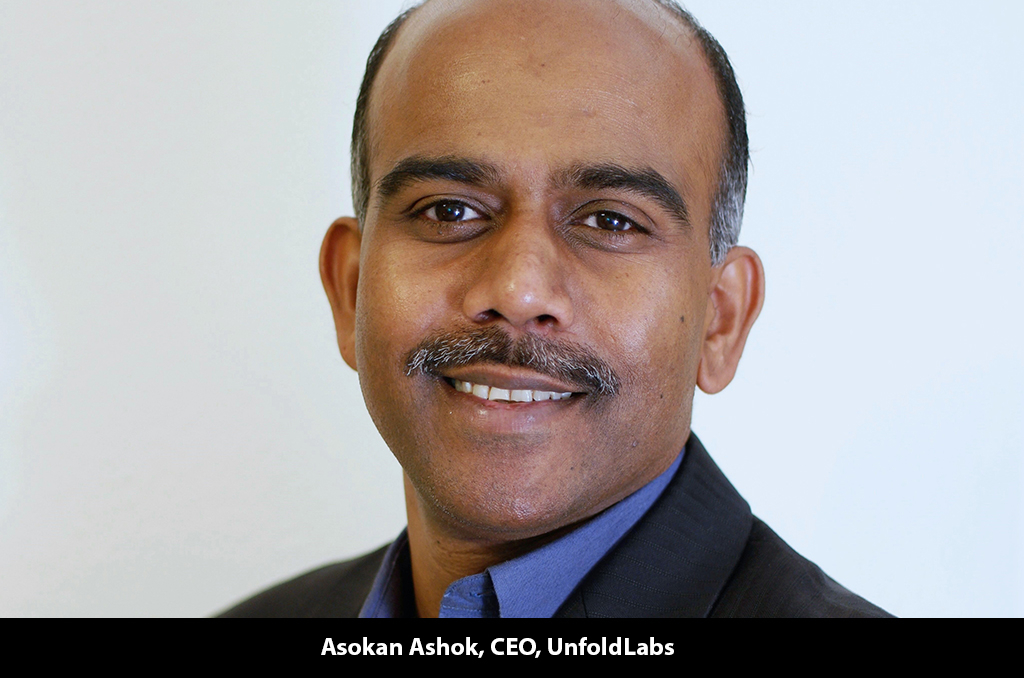Building strong client relationships is essential for any construction firm looking to enhance its reputation and secure repeat business. The experts at Admer Construction Group tell us that focusing on effective communication and building trust can significantly boost client satisfaction and loyalty, making clients more likely to return for future projects. This approach not only leads to more consistent business but also contributes to positive word-of-mouth referrals which are invaluable in the construction industry.
In a sector where projects often demand significant time and investment, ensuring that clients feel valued and heard can make a lasting impact. Personalizing interactions and demonstrating reliability from the initial consultation through project completion can set a construction firm apart. For example, maintaining consistent professionalism and investing time in understanding customer needs can lay the groundwork for long-term partnerships.
Understanding and implementing practices that cultivate these relationships can transform a construction firm’s client base from a transient crowd into a loyal community. Investing in strategies like these aligns with insights from industry experts that emphasize the importance of trust and communication in client relations. By prioritizing these elements, construction businesses can pave the way for sustainable growth and enduring success.
Understanding Client Needs and Expectations
Effective client relations in construction are built on a foundation of clear communication and a proactive approach to feedback. Successful firms use strategic methods to engage clients, understand their needs, and adjust services accordingly.
Effective Communication Strategies
Effective communication is crucial in aligning client expectations with project capabilities. Establishing realistic goals is a vital first step, allowing both parties to agree on achievable outcomes. Regular updates ensure the client is informed about progress, potential delays, and any adjustments.
Using digital tools can streamline this process. Many firms find success utilizing platforms that offer real-time updates and collaborative features. These tools not only provide transparency but also foster trust, which is essential for maintaining long-term relationships.
Client Feedback and Continuous Improvement
Seeking client feedback is a powerful tool for identifying areas of improvement. By implementing regular surveys or direct conversations, firms can gather insights that help in refining their services. Encouraging clients to share both positive and negative experiences is crucial to enhancing service quality.
Feedback systems should be simple and accessible, enabling clients to provide input with ease. Furthermore, acting on feedback demonstrates a commitment to continuous improvement and client satisfaction. Firms that actively refine their processes based on client input can build stronger relationships and increase repeat business.
Building Trust Through Transparency and Accountability
Effective client relations in construction hinge on transparency and accountability. These aspects can be achieved through honest project reporting and maintaining ethical business practices.
Honest Project Reporting
Detailed and regular project reporting significantly enhances trust between construction firms and their clients. By providing clear timelines, budget updates, and progress metrics, firms can prevent misunderstandings and manage expectations. Documenting each phase ensures clients stay informed, making them feel involved and respected.
Using systematic information sharing is crucial for this transparency. Tools like project management software allow for real-time updates and instant communication, reducing the likelihood of unexpected issues. This transparency fosters greater client trust and leads to a stronger partnership between all stakeholders.
Ethical Business Practices
Conducting business ethically is fundamental to building long-term trust. Firms that consistently uphold ethical standards demonstrate integrity and commitment to fairness. This includes honoring contractual obligations, paying suppliers on time, and transparently addressing any conflicts or disputes.
Maintaining ethical practices encourages accountability and assures clients of the firm’s reliability. It is also important for construction companies to integrate sustainable practices, as clients increasingly value corporate responsibility. By demonstrating a commitment to ethical operations, firms can enhance their reputation and secure repeat business.
Enhancing Client Engagement and Experience
Construction firms can boost repeat business by focusing on tailored interactions and leveraging technology to empower clients. Personalized service offerings cater to individual client needs, while technological integration streamlines project communication and updates.
Personalized Service Offerings
Providing customized services is key to building strong client relationships. Construction firms can achieve this by actively listening to client needs and preferences. By using data-driven insights, companies can anticipate client expectations and offer solutions that align with their specific goals. This might include adapting project timelines or offering flexible pricing options. Building Radar’s approach, which involves data insights for proactive client engagement, illustrates this method.
Additionally, regular check-ins and feedback loops ensure that clients feel heard and valued throughout the project lifecycle. This not only bolsters trust but also encourages long-term partnerships, leading to increased client retention and repeat business. Firms should focus on developing strategies that place the client at the center of every decision.
Technological Integration for Client Empowerment
Implementing advanced technology in construction projects can significantly enhance client engagement. Tools like project management software allow for real-time updates and transparent communication, reducing misunderstandings. Technologies such as AI can identify project opportunities early, allowing firms to approach clients before competitors do.
Technological solutions can also include virtual reality for project visualization, enabling clients to explore and make adjustments before construction begins. By adopting these innovations, construction firms empower clients to make informed decisions, enhancing their overall experience. Effective use of technology also helps manage client expectations and builds a reputation for reliability and trust.










